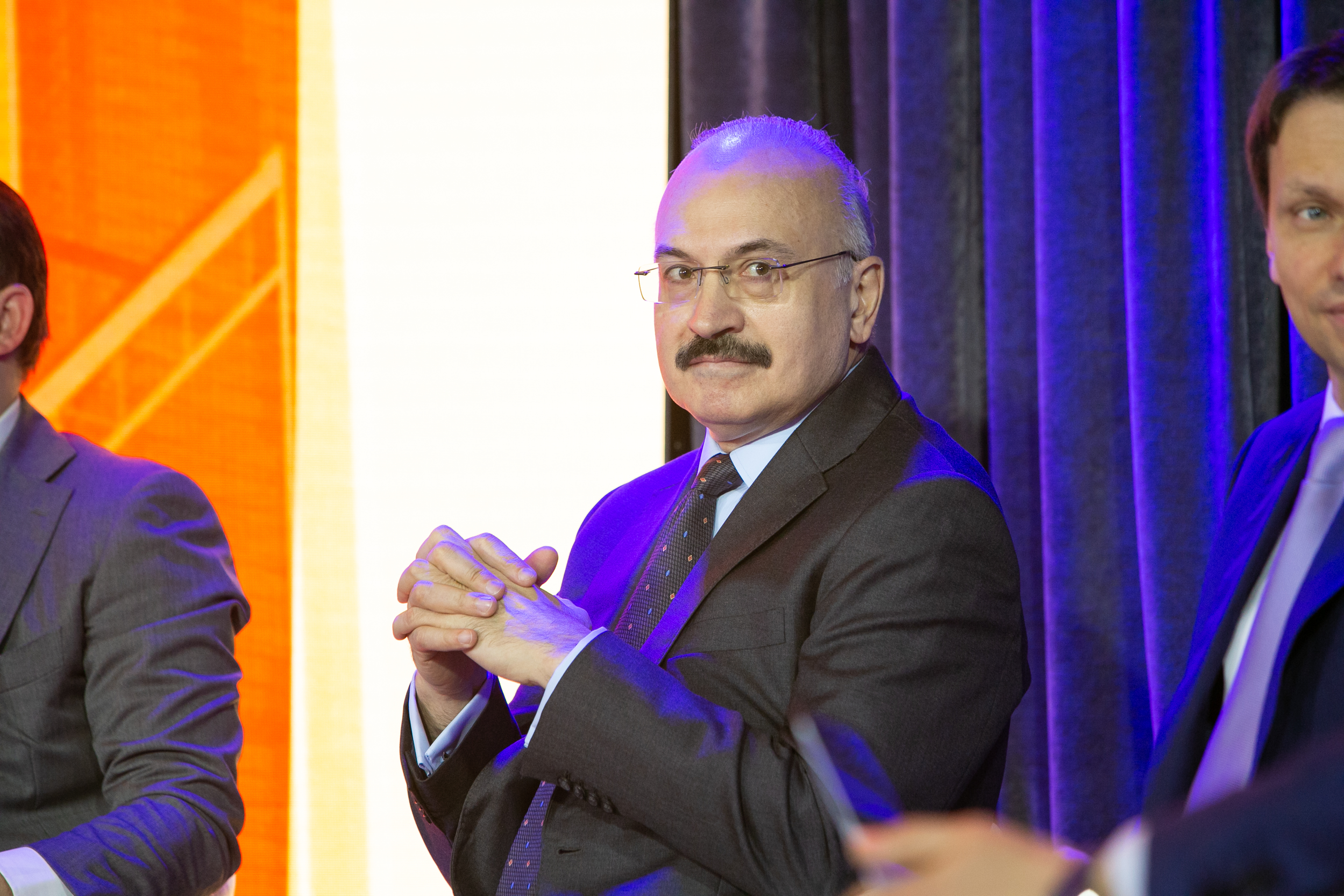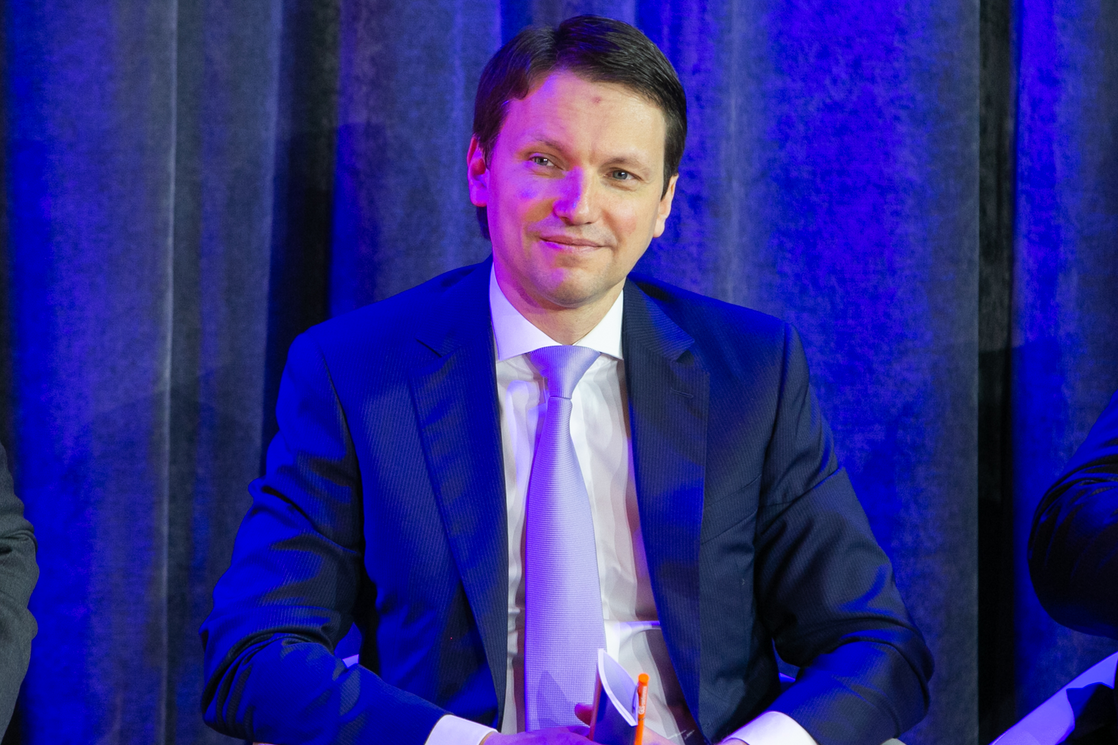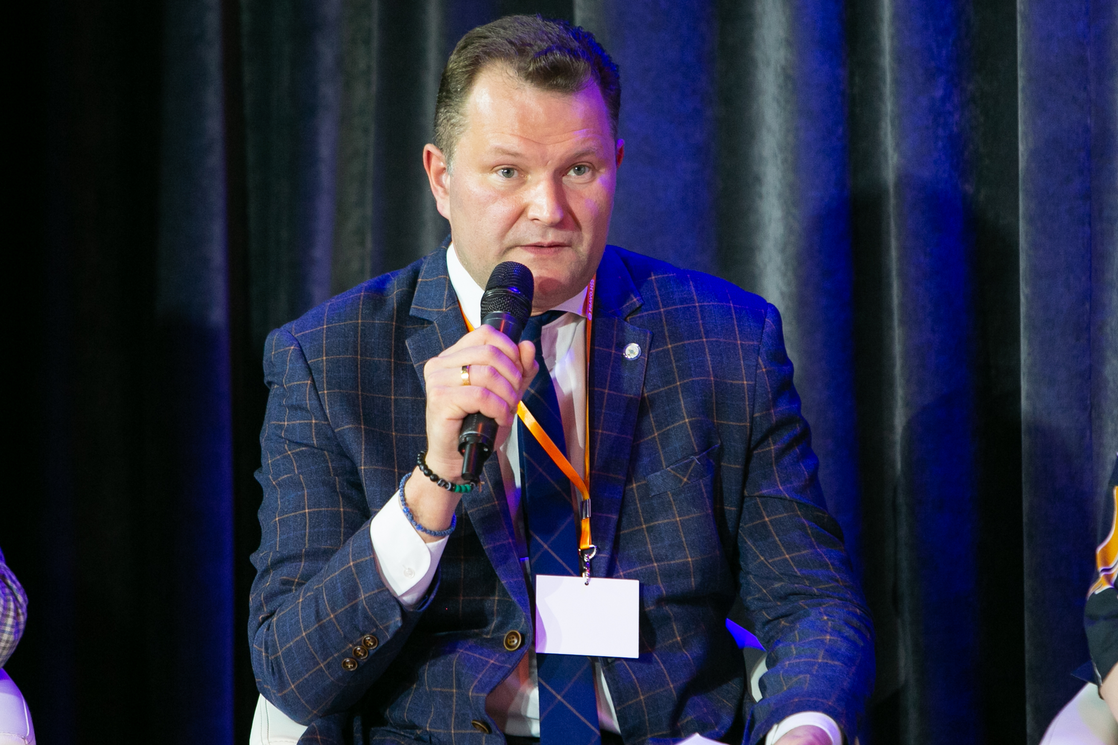‘Being a Lawyer Means Understanding Matters of Virtue and Justice’

What professional and personal skills do modern lawyers require? To what extent do today's graduates require interdisciplinary training and knowledge of other subjects? How do sanctions affect work in the legal sphere? These and other questions were discussed by the participants of the second annual conference of the HSE University Faculty of Law ‘Global Legal Skills: Leadership in the Legal Profession, Business and Education’.
Opening the conference, Vadim Vinogradov, Dean of the HSE University Faculty of Law, said that in the 25 years since its establishment, the faculty has become one of the best schools for training lawyers in Russia, as confirmed by national and world rankings. ‘We train academic and business leaders, we focus on practical skills and ask potential employers how to prepare graduates that meet their expectations,’ he said. Vadim Vinogradov suggested discussing how law affects the economy and business and how the requirements of the modern labour market correlate with the level of legal education and science.

Vladislav Davankov, Deputy Chairman of the Russian State Duma, emphasised the importance of preparing and adopting laws that are understandable to both law enforcers and ordinary people. Now, Vladislav Davankov noted, laws are often drafted incomprehensibly, and people find it difficult to enforce them. In this situation, lawyers should explain the rules of law to ordinary people. He pointed to law in the IT-industry and the field of artificial intelligence, especially where it concerns personal data, as promising areas of training.
Konstantin Korsik, President of the Federal Notary Chamber, referred to the HSE University Faculty of Law as a national leader in producing advanced professionals with a legal education. Notaries should be generalists who know how to use digital tools, he said. The notarial profession has become a high-tech one, as a number of actions can now be done remotely by accessing the portal of the Federal Notary Chamber.

It is important to increase the number of applications to notaries by making this type of activity more attractive, believes Konstantin Korsik. According to him, entry to the profession has become more complicated and is partially equivalent to obtaining the status of a lawyer: candidates must be at least 25 years of age, have at least five years of legal experience, and pass a difficult exam. Becoming a notary is also impossible without knowledge of digital law and digital tools. ‘I consider our profession to be modern. It has prospects and we are ready to develop further,’ he summarised.
Sergey Kabyshev, Chairman of the Committee of the State Duma on Science and Higher Education, stressed that lawyers, regardless of where they work, should remember that the individual comes first in the Russian Constitution.

‘When you make decisions, think about whether you are causing suffering,’ said Sergey Kabyshev. In his opinion, with a law degree, graduates receive a tool which allows them not only to earn money, but also to find their place in life. A lawyer's narrow specialisation often leads to the tunnel vision of professional deformation and burnout. In legal education, as in medical education, continuity, improvement and renewal of skills are important.

To interact with parliament and develop laws in the energy sector, a lot of additional skills had to be acquired, said Anastasia Bondarenko, State Secretary, Deputy Minister of Energy of the Russian Federation. Now, she believes, there is a noticeable gap between the competencies acquired by graduates in higher education and the requirements imposed on them at work. ‘The obvious thought is that universities should cooperate with employers. We have ways to train specialists on the job. It is the same with lawyers—we need specialised departments,’ the deputy minister said. She believes that the adoption of clear laws should not lead to oversimplifications or controversies that must be resolved in court. The legal profession will be in demand, she said. The skills developed in earlier years will come in handy, as will creative thinking. ‘We will have to write and rewrite a lot,’ she believes.
Vadim Vinogradov explained that law can be called a service profession, but that it strongly influences the economy. Daniil Algulyan, Deputy Chairman of the Management Board of VEB.RF State Development Corporation, stressed that thousands of HSE University Faculty of Law graduates work in business and state bodies and are worthy representatives of the university. He said that many employees and heads of the legal service and other departments of the corporation are graduates of the HSE University Faculty of Law.

Lawyers used to be like oracles, interpreters of secret signs; now we need professionals involved in the production process. They should not only explain the risks of certain actions to other team members, but also find ways to solve problems. Now, Daniil Algulyan believes, interdisciplinarity is important, and we need lawyers with skills in related fields, including economics. ‘This is a profile we would like to see at HSE University,’ he said.
Dmitry Zverev, State Secretary, Deputy Minister of Transport of the Russian Federation, noted that the Ministry has rich experience of cooperation with HSE University. There is joint training for transport managers, and a separate course on transport law has been created. Lawyers must be able to study foreign experience, use foreign legal models applicable in Russia, and be willing to improve.

Other speakers at the session included Artyom Kiryanov, Deputy Chairman of the State Duma Committee on Economic Policy; Grigory Zaslavsky, Rector of the Russian Institute of Theatre Arts (GITIS); and Andrey Korneev, State Secretary, Deputy Minister of Education.
‘We see how powerfully digitalisation is progressing. In response to these challenges, the HSE University Faculty of Law is launching a five-year undergraduate digital lawyer programme with companies immersed in the IT sphere.
We were taught that law is the art of virtue and justice. A lack of legal knowledge leads to consequences that could have been avoided,’ concluded the Dean of the HSE University Faculty of Law.

